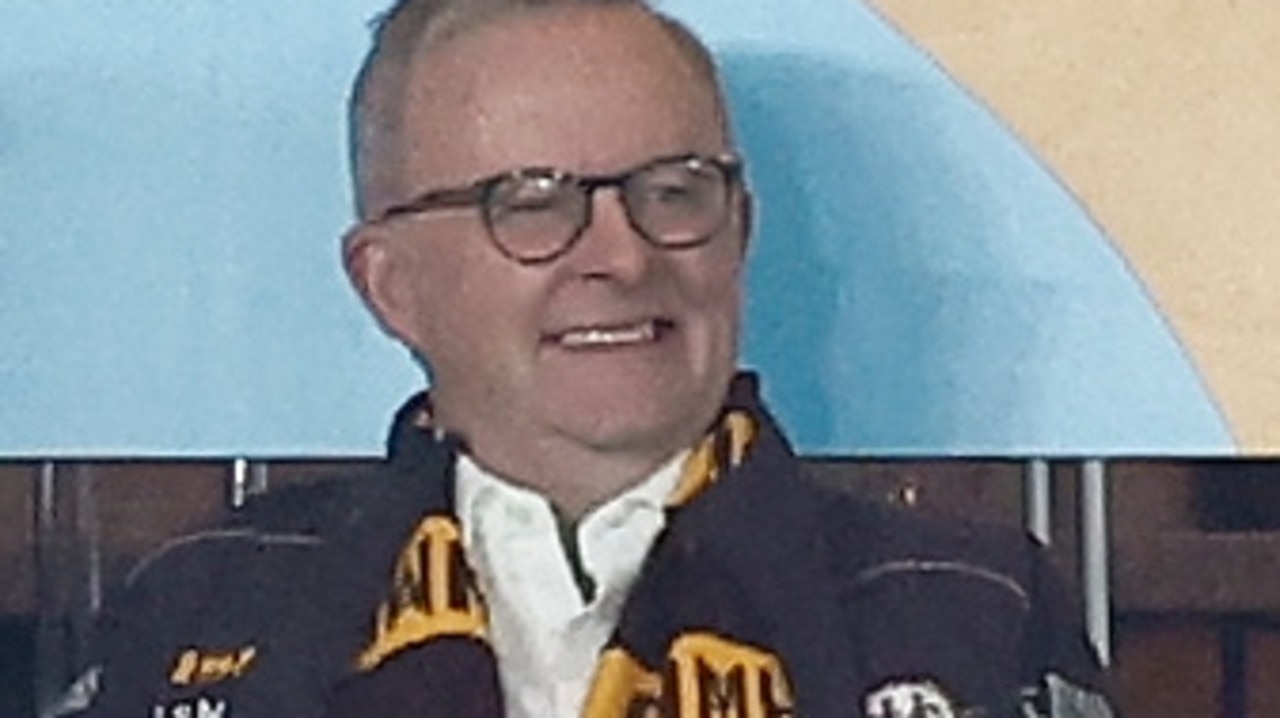Talking Point: The bottom line is, assisted dying Bill reflects community sentiment
Do not force people to take drastic measures to end their own suffering and their own lives – denying them a basic human right – for the sakes of your religious or ethical beliefs, writes Greg Barns.
Opinion
Don't miss out on the headlines from Opinion. Followed categories will be added to My News.
One of the tactics of those who oppose reform which is supported by the majority of the community is to seek to present extreme scenarios as to what might go wrong, and to cherrypick the details of the proposed reform, in order to create confusion and fear.
It is frustrating to watch it happen, because it is dishonest intellectually, it is a denial of humanity and it sets back the advancement of society.
This scenario is happening before our very eyes as the landmark, sensible and legally robust legislation which independent MP Mike Gaffney has introduced into the Tasmanian parliament to allow individuals to control their death and to die humanely, is being attacked by some medical professionals who are implacably opposed to the idea of patients controlling their destiny.

Some of these medical professionals are also driven by religious or ethical beliefs. Then there are other opponents who do so purely on religious grounds.
Of course they are entitled to their views and to articulate them in any forum, including the media. One group took out a full-page advertisement in this newspaper on Friday.
The advertisement was designed to intimidate and persuade waverers in the parliament.
After all, why else would all of those who attached their names to it feel the need to set out all of their qualifications and professional affiliations? The advertisement screamed, we are all eminent knowledgeable, superior individuals, you must listen to us.
Other opposition is expressed in the form of submissions and arguments based on particular clauses in the legislation.
One example was published on these pages last Friday by William Cox, a former governor and chief justice and Jeremy Prichard, a legal academic.
This type of opposition is reasonable because it allows for legislators to amend the Bill as it works its way through parliament to reflect the concerns expressed by lawyers of repute and learning.
One form of argument that must not be allowed to stop the rights of all individuals to control the form of their death is the slippery slope argument. It has also been reflected on these pages in contributions about the legislation.
It is a lazy and frankly insulting argument. It is trotted out by opponents for abortion with regularity. It is used by groups that oppose any reform which provides for greater choice by individuals. It is arrogant and paternalistic.
The slippery slope argument — and the word argument is charitable given the insulting nature of this rhetoric — is that if you allow voluntary assisted dying legislation then none of us will be safe. Death and state sanctioned death will be normalised.

There is no, repeat no, evidence that such an impact results from allowing individuals to do lawfully what most of us would do, and this columnist is one, and that is want to have access to appropriate medication when we are at death’s door due to terminal illness.
The bottom line here is that Mr Gaffney’s legislation reflects community sentiment. The vast majority of Tasmanians want to be able to exercise choice over their death.
This should not surprise anyone. The majority view reflects human nature.
In 1997 six of the world’s leading philosophers of the time, Ronald Dworkin, Robert Nozick, Thomas Nagel, John Rawls, Judith Jarvis Thomson and Thomas Scanlon wrote a brief for a case in a US court concerning the right of individuals to exercise choice in respect of their death. Their conclusion was emphatic.
“Each individual has a right to make the most intimate and personal choices central to personal dignity and autonomy.” That right encompasses the right to exercise some control over the time and manner of one’s death.”
That the vast majority of Tasmanians hold that view is consistent with that eloquent statement about humanity.
To the opponents of Mr Gaffney’s legislation, please do not deny to Tasmanians their ability to be human. To make their own decisions about the level of suffering they are prepared to endure.
Do not force individuals to continue to have to risk breaking laws by sourcing medications and other technologies so they can exercise their human right to choose when they wish to end their life.
People are entitled to religious and ethical beliefs which inform their opposition to Mr Gaffney’s legislation. But they are not entitled to hold the community to ransom by denying them legislative protection for the exercise of a fundamental human right. And nor are they entitled to arrogantly assert they know better.
That the rest of the community does not understand what it really wants.
And to those who are genuine in their desire for legislation to be robust and protective, do not kill off this carefully drafted legislation. Negotiate, compromise and after that vote to pass it. This is how democracy works.
Hobart barrister Greg Barns SC is a human rights lawyer.


